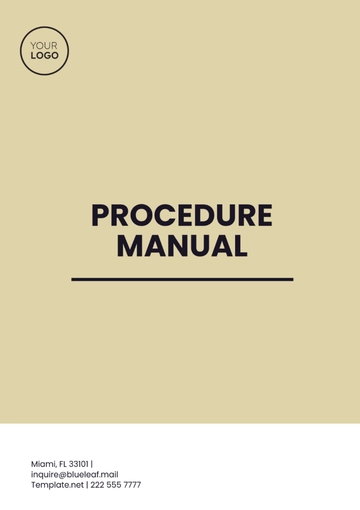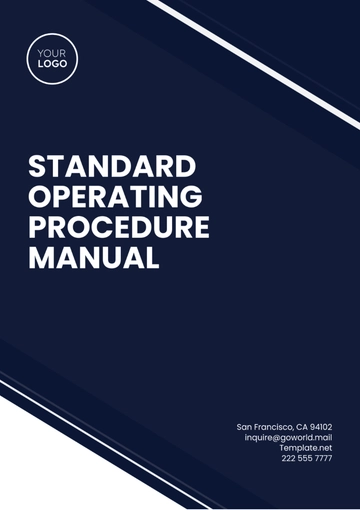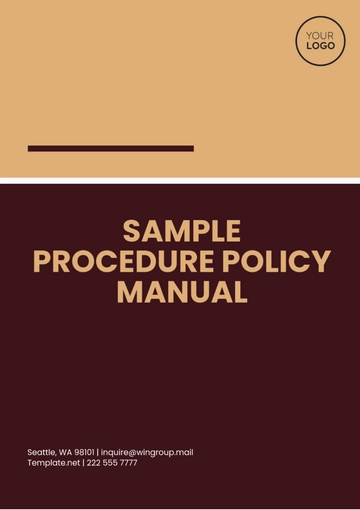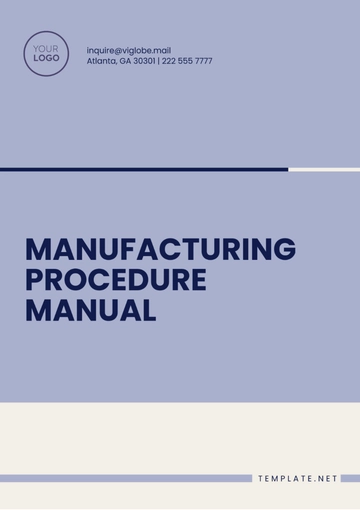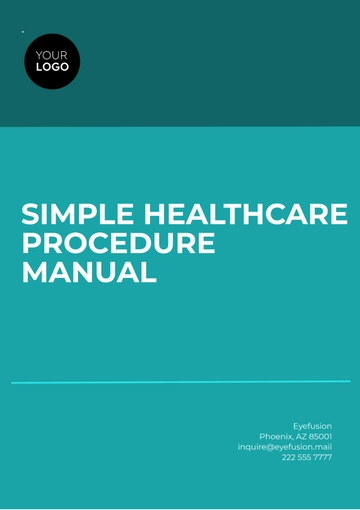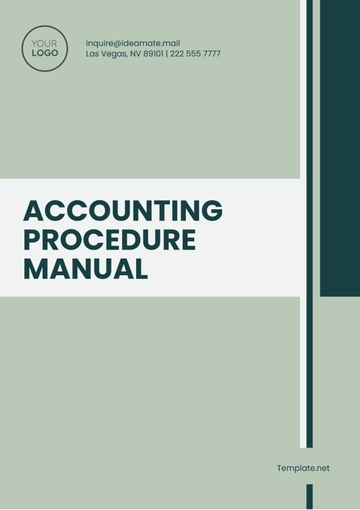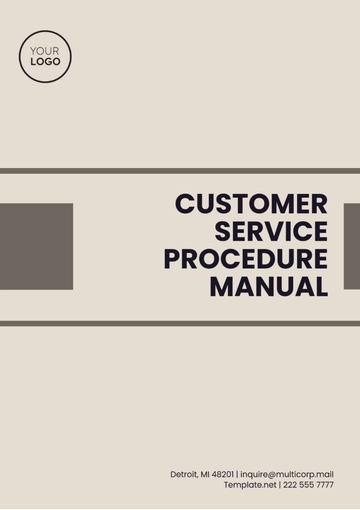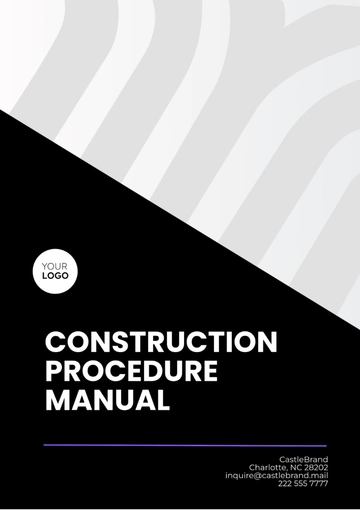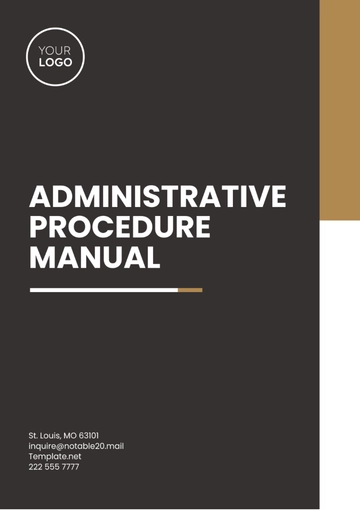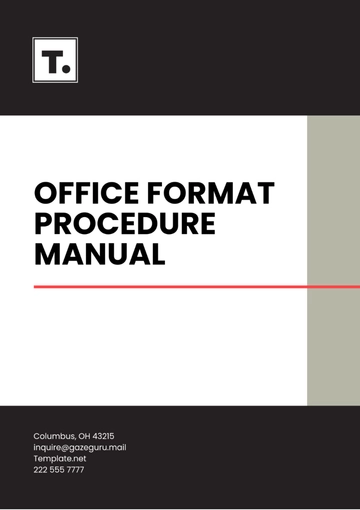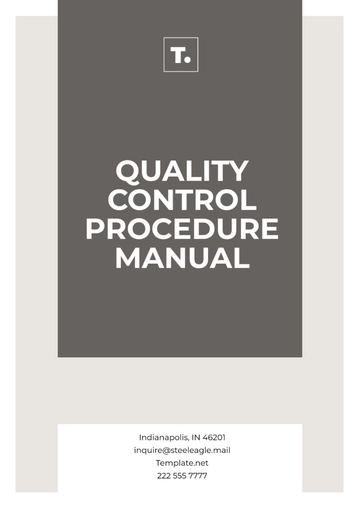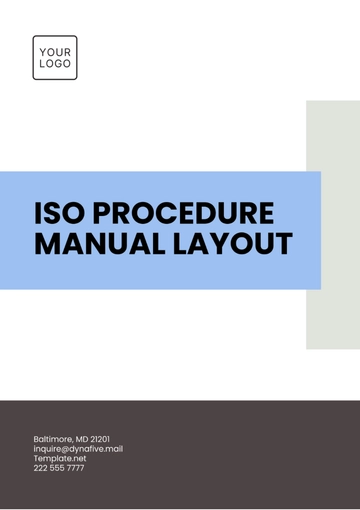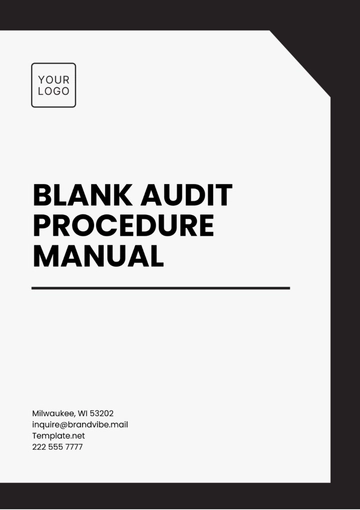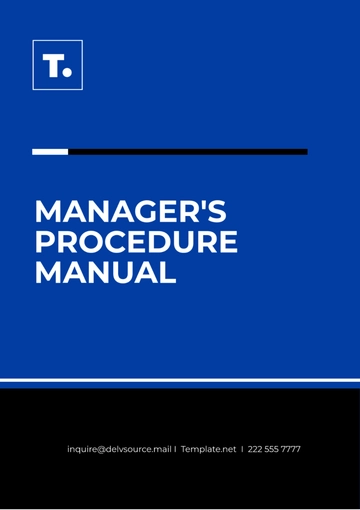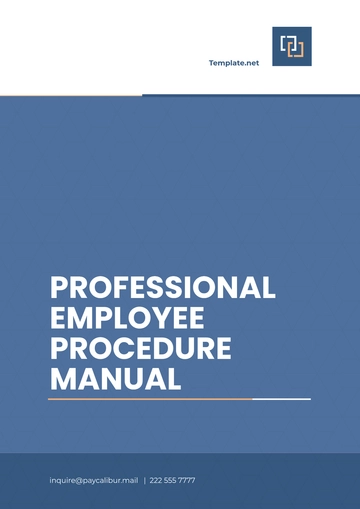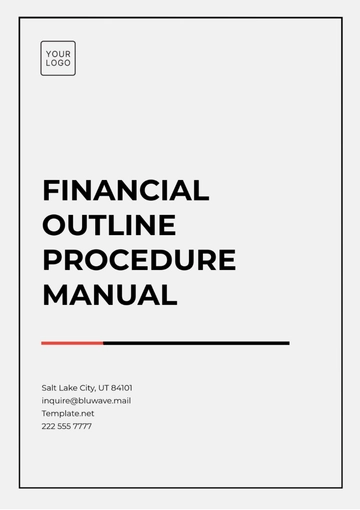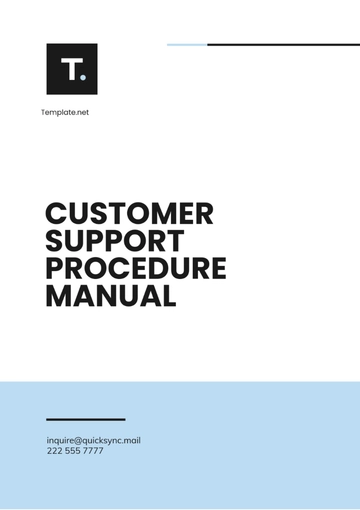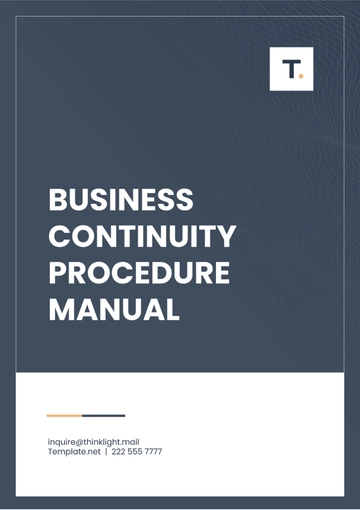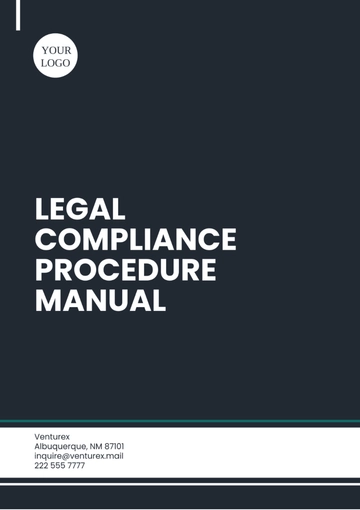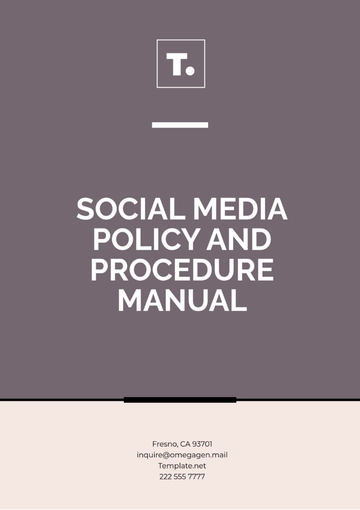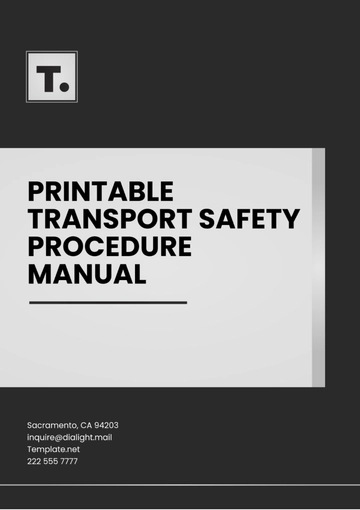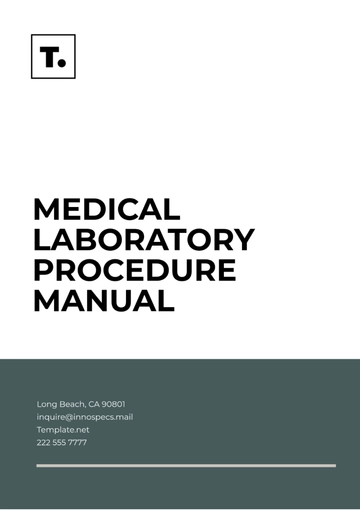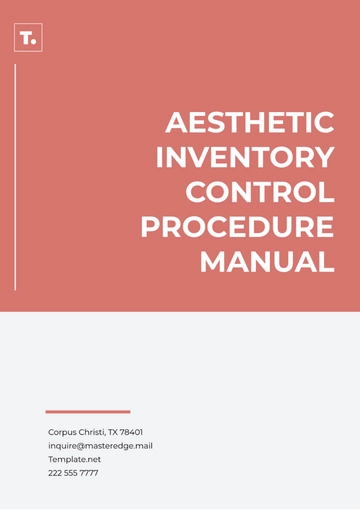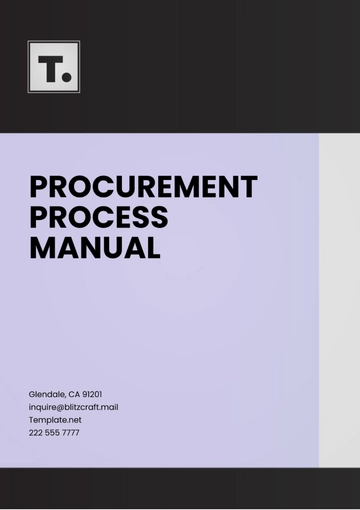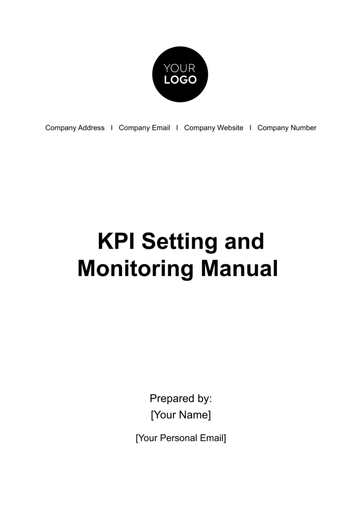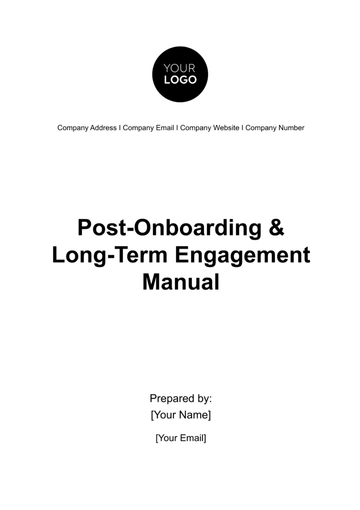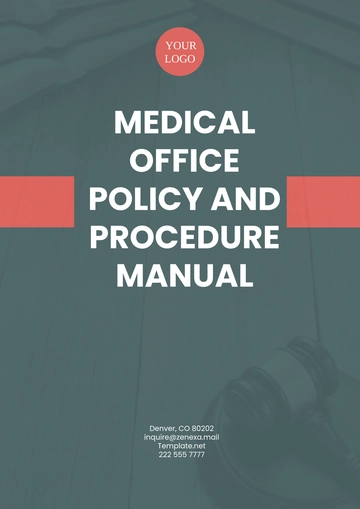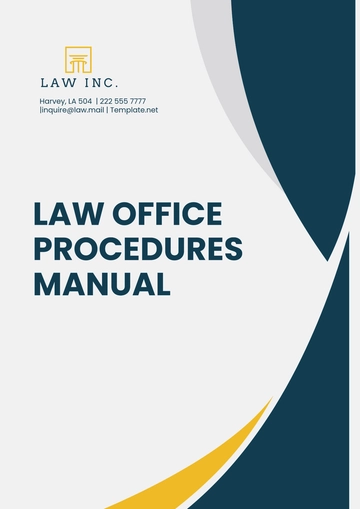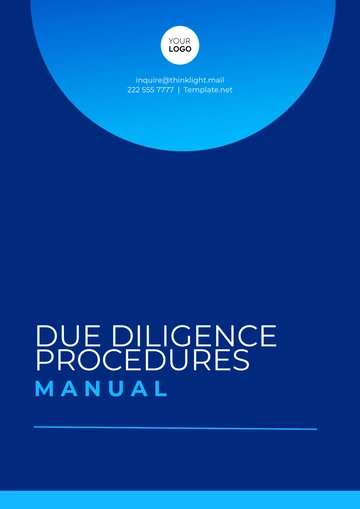Free Sales Premium Client Service Manual
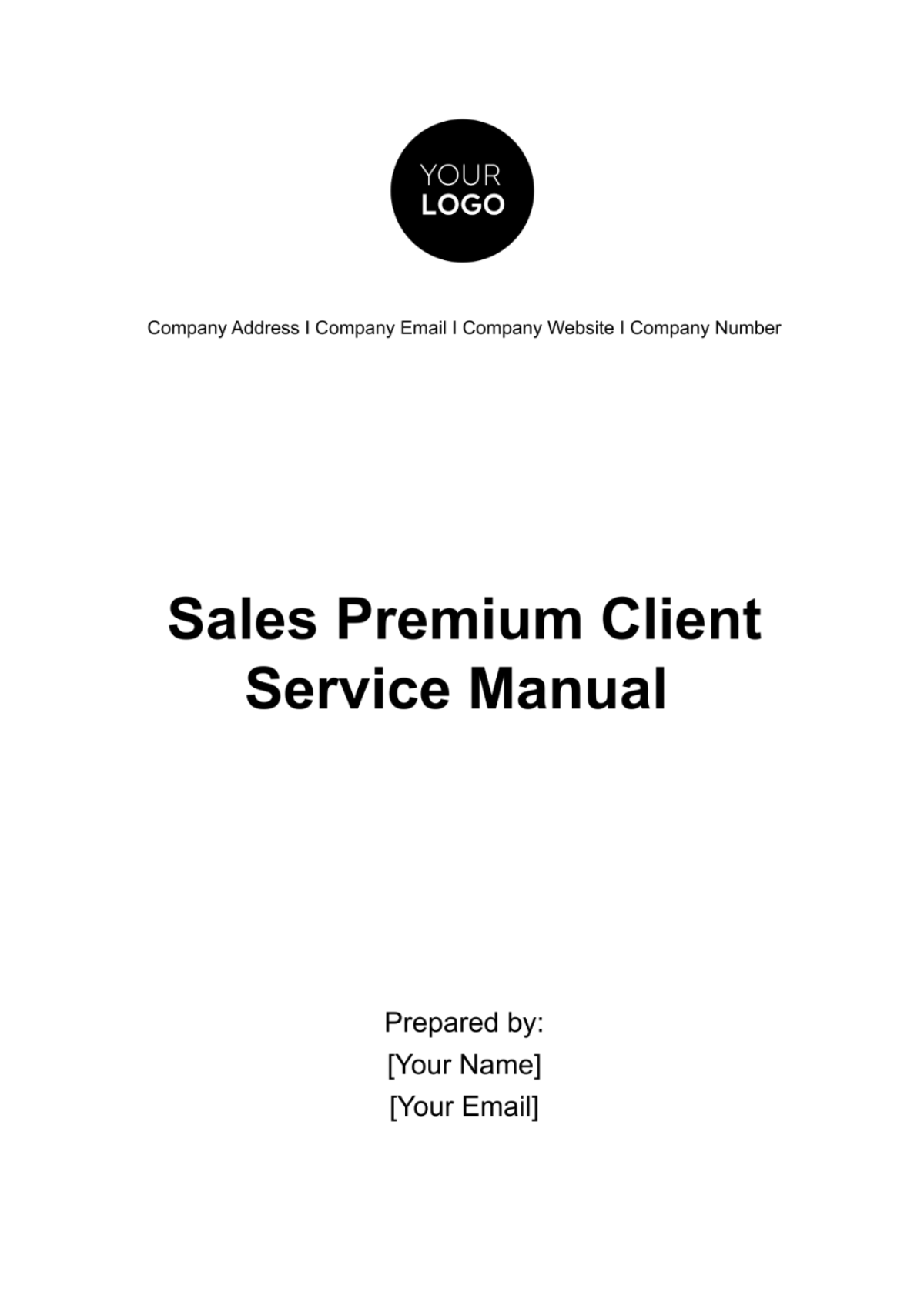
At [Your Company Name], we take immense pride in offering our premium clients a level of service that goes beyond expectations. As a Sales Premium Client Service Representative, you are at the forefront of ensuring that our premium clients receive world-class service that reflects our commitment to excellence.
Our Mission and Values
Our mission is to provide unparalleled service and support to our premium clients, enabling them to maximize the value of our products and services. Our core values guide us in achieving this mission:
Excellence
Integrity
Client-Centric Approach
Continuous Improvement
Getting Started
Company Background
[Your Company Name] was founded in [Year] and has since become a global leader in premium business solutions. We serve clients in over [Number] countries and are known for our cutting-edge products and exceptional client service.
Your Role as a Premium Client Service Representative
Your role involves managing premium client relationships, ensuring their satisfaction, and identifying opportunities to upsell our premium services. You will be the primary point of contact for our premium clients, and your dedication to their success is paramount.
The Client Service Team
You will be part of a dynamic team of Client Service Representatives, Team Leads, and Managers. Collaborative teamwork is key to our success, and you can rely on the support and knowledge of your colleagues.
Client Engagement
Understanding Premium Clients
[Your Company Name]'s premium clients are elite business entities that require tailored solutions and dedicated support. They have specific needs, high expectations, and often require customizations to our products. It's crucial to understand that they have invested significantly in our services and expect an exceptional level of service in return.
Building Strong Client Relationships
To build strong client relationships, it's essential to:
Understand their unique business goals and challenges.
Regularly check in and proactively identify areas where our solutions can provide value.
Be responsive, accessible, and attentive to their needs.
Show appreciation for their loyalty and trust.
Effective Communication
Clear and effective communication is at the heart of exceptional client engagement. Some key communication principles include:
Principles | Details |
|---|---|
Active listening | Pay close attention to their concerns and needs. |
Timely responses | Ensure quick resolution of issues and questions. |
Proactive updates | Keep clients informed about relevant product updates and industry trends. |
Product Knowledge
Understanding Our Premium Products
[Your Company Name]'s premium product suite includes:
Products | Details |
|---|---|
Premium Analytics Suite | A comprehensive data analytics tool for data-driven decision-making. |
Premium CRM Solution | A powerful customer relationship management system for managing client relationships. |
Premium Enterprise Support | 24/7 dedicated support for our premium clients. |
Each product offers a range of features and customizations, which you should familiarize yourself with to provide informed support.
Keeping Up with Product Updates
Our products are continuously evolving. Stay up to date with product updates through:
Regular training sessions and workshops.
Product release notes and documentation.
Collaboration with our product development teams for insights into upcoming changes.
Service Standards
Delivering Exceptional Service
[Your Company Name] is known for delivering exceptional service, and you are the frontline representative of this commitment. To ensure exceptional service, you should:
Be courteous and professional in all interactions.
Go above and beyond to meet client expectations.
Anticipate client needs and provide solutions before they ask.
Solve issues efficiently and effectively.
Service Level Agreements (SLAs)
Our premium clients have specific SLAs tailored to their needs. These SLAs outline response times, issue resolution times, and other service metrics. It's your responsibility to:
Understand the SLAs for each client and prioritize tasks accordingly.
Communicate clearly when SLAs may not be met and offer alternative solutions.
Regularly review SLAs with clients to ensure alignment with their evolving needs.
Problem Resolution
Handling Client Complaints
Client complaints are opportunities to demonstrate our commitment to service excellence. To effectively handle client complaints:
Listen attentively to the client's concerns.
Acknowledge their issues and empathize with their frustration.
Apologize for any inconvenience and assure them that you will resolve the problem.
Take swift and appropriate action to resolve the issue, involving other teams if necessary.
Follow up with the client to ensure their satisfaction and gather feedback.
Escalation Procedures
In some cases, issues may require escalation to ensure prompt resolution.
Our escalation procedures involve:
Notifying your Team Lead when a problem can't be resolved within established timelines.
Clearly documenting the issue and the steps taken to date.
Collaborating with higher-level support or technical teams to address complex issues.
Communicating the escalation process with the client, ensuring transparency.
Technology and Tools
Using CRM Systems
Our CRM (Customer Relationship Management) system is the backbone of your client interactions. Use it to:
Access client profiles, including their purchase history and preferences.
Log all client interactions, ensuring a complete history.
Schedule follow-up tasks and reminders for future interactions.
Analyze client data to identify opportunities for service improvements or upselling.
Product Demonstration Tools
Effective product demonstrations are instrumental in showcasing the value of our premium products to clients. We provide tools that allow you to:
Customize product demonstrations to align with each client's specific needs.
Highlight key features and benefits.
Encourage client interaction during demos to address questions or concerns.
Tailor demos to different industries or use cases.
Communication Tools
To facilitate clear and efficient communication with clients, we utilize:
Communication Method | Details |
|---|---|
For formal communication, updates, and document sharing. | |
Live Chat | For real-time assistance and quick issue resolution. |
Video Conferencing | For product demonstrations and client meetings. |
Social Media | To keep clients informed about company updates and industry news. |
Sales and Upselling
Identifying Sales Opportunities
Identifying sales opportunities is a valuable aspect of your role. Look for opportunities when:
Clients express interest in additional services or features.
You identify gaps in their current usage of our products.
You notice trends or changes in their business that suggest a need for upgraded services.
Existing clients attend product webinars or training sessions.
Upselling to Premium Services
When upselling to premium services, follow these best practices:
Clearly communicate the added value and benefits of premium services.
Offer personalized solutions that align with the client's specific needs and goals.
Provide pricing details and clarify any doubts.
Highlight the return on investment and long-term advantages of upgrading to premium services.
Follow up with clients who have shown interest to ensure a seamless transition.
Documentation
Record-Keeping and Documentation
Accurate and comprehensive record-keeping is vital for maintaining high-quality service and meeting client expectations. Here are guidelines for record-keeping:
Document all client interactions, including conversations, emails, and issue resolutions.
Ensure that records are up to date and easily accessible for reference.
Organize records in a structured manner to facilitate quick retrieval.
Store documents securely to protect client data and information.
Privacy and Data Security
Respecting client privacy and ensuring data security are non-negotiable priorities. Adhere to these principles:
Comply with all relevant data protection laws and regulations.
Safeguard client information from unauthorized access or breaches.
Educate clients about our data security measures to build trust.
Regularly review and update our privacy policies to align with evolving standards.
Client Training
Offering Training and Support
To empower clients and enhance their experience, we offer comprehensive training and support:
Tailor training programs to suit each client's needs and familiarity with our products.
Provide instructional materials, video tutorials, and webinars.
Offer ongoing support channels to address questions and challenges.
Encourage clients to take advantage of available resources to maximize product benefits.
Performance Metrics
Key Performance Indicators (KPIs)
To measure and improve service quality, we track key performance indicators (KPIs):
KPI | Details |
|---|---|
Response Time | The time it takes to respond to client inquiries. |
Resolution Time | How quickly client issues are resolved. |
Client Satisfaction | Obtained through surveys or direct feedback. |
Upselling Success Rate | The percentage of clients who upgrade to premium services. |
Case Load | The number of cases managed per unit of time. |
Monitoring and Reporting
We monitor and report on performance regularly to ensure service excellence:
Conduct periodic internal audits to assess adherence to service standards.
Generate reports highlighting KPIs and client satisfaction scores.
Analyze trends and implement corrective actions where necessary.
Share reports with clients to demonstrate our commitment to improvement.
Continuous Learning
Training and Development Opportunities
[Your Company Name] is committed to fostering a culture of continuous learning and development. We offer opportunities including:
Regular training sessions on new products and technologies.
Participation in industry conferences and seminars.
Access to an extensive library of online resources.
Certification programs for professional growth.
Mentoring and coaching to enhance skills and expertise.
Emergency Procedures
Business Continuity and Disaster Recovery
In case of unforeseen emergencies, our business continuity and disaster recovery procedures come into play:
Have a well-documented business continuity plan to ensure minimal disruption of services.
Regularly back up critical data and maintain off-site storage.
Conduct drills and exercises to prepare for various emergency scenarios.
Communicate clearly with clients in the event of service disruptions and provide support during recovery.
- 100% Customizable, free editor
- Access 1 Million+ Templates, photo’s & graphics
- Download or share as a template
- Click and replace photos, graphics, text, backgrounds
- Resize, crop, AI write & more
- Access advanced editor
Elevate your client service excellence with the Sales Premium Client Service Manual Template from Template.net. This fully editable and customizable manual equips your team with the knowledge and tools needed to provide exceptional service to premium clients. Crafted for efficiency and professionalism, this manual is editable using our Ai Editor Tool to help you standardize and enhance the premium client experience, fostering long-lasting relationships and loyalty. Set the gold standard in client service with this invaluable template.
